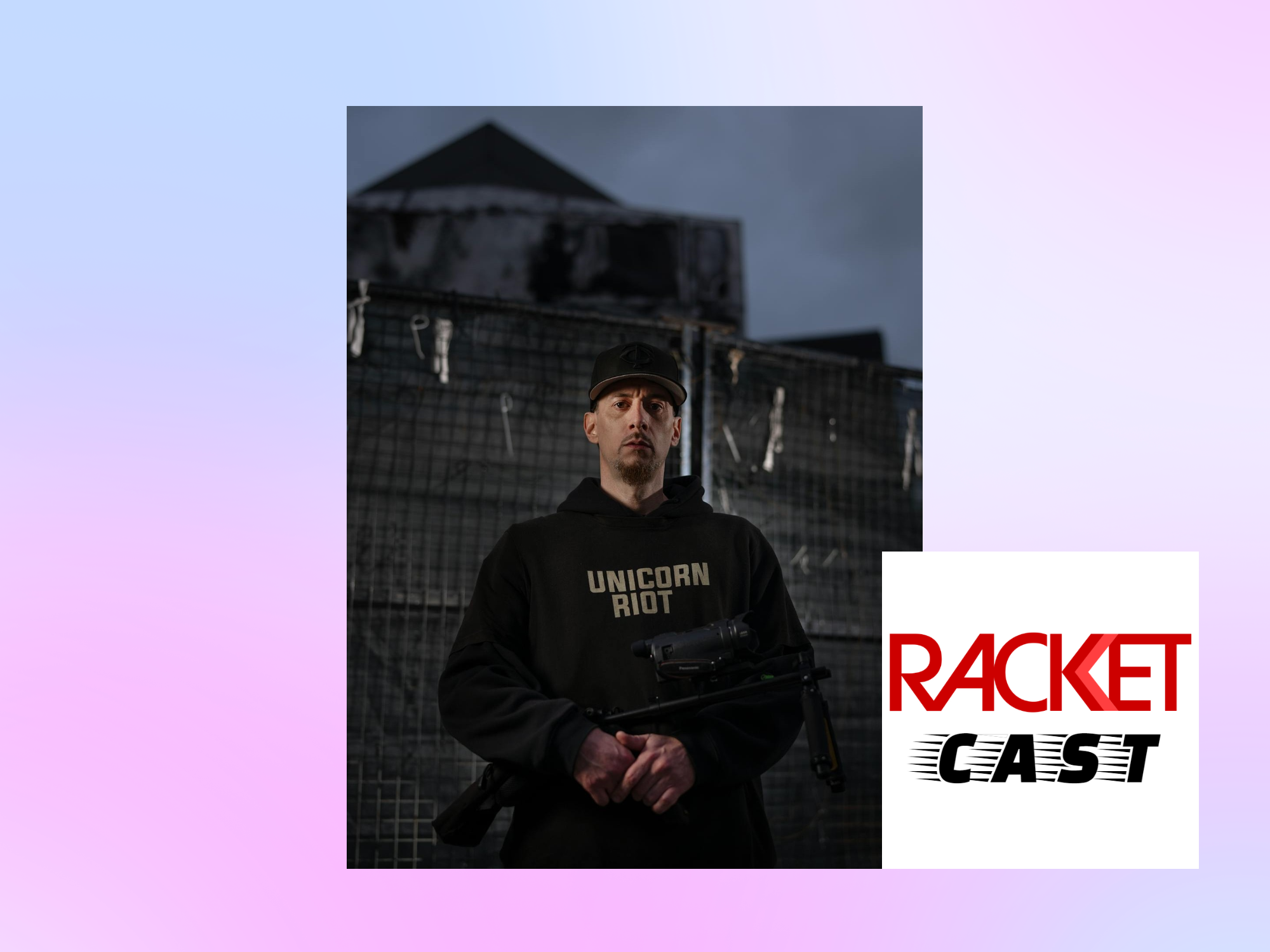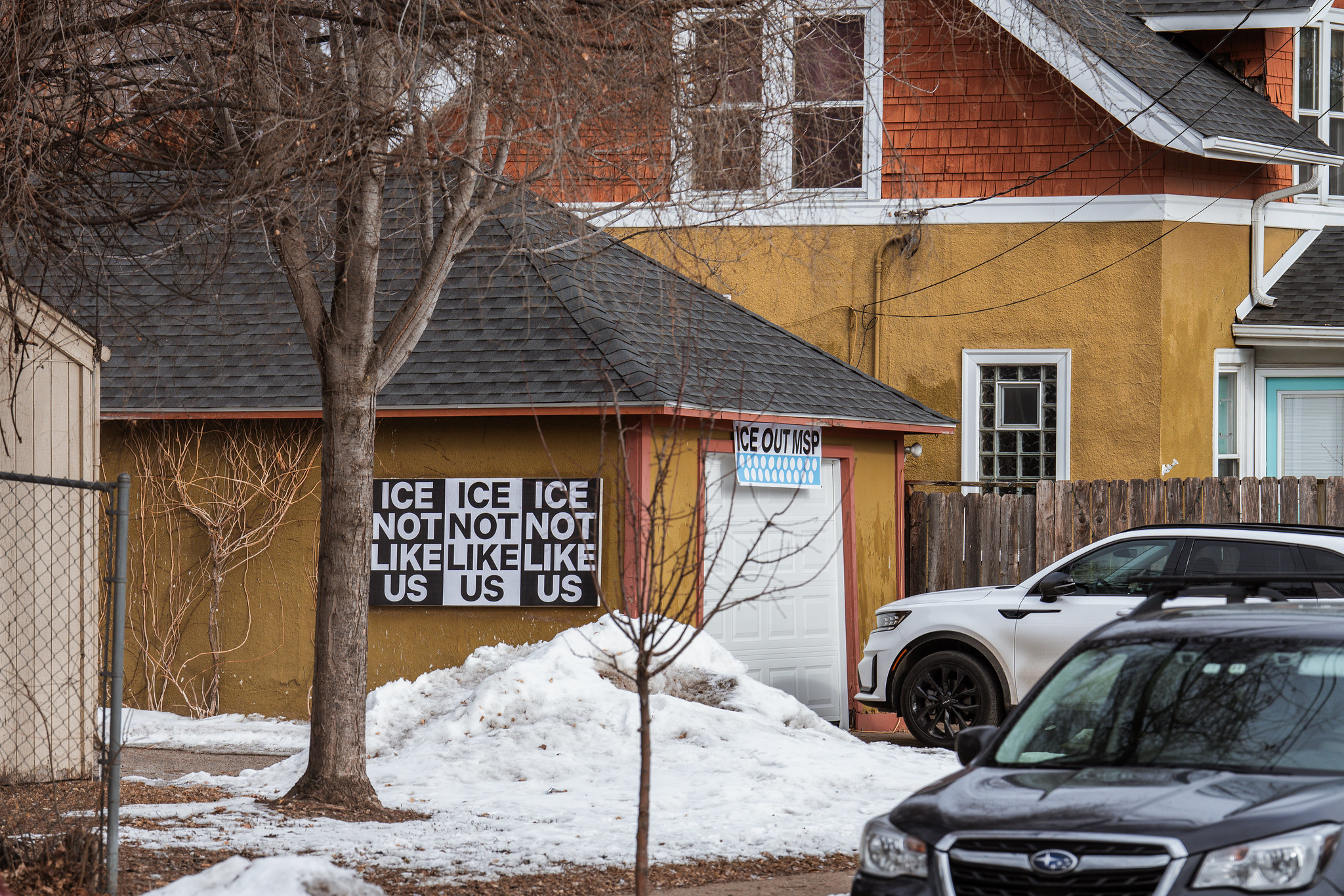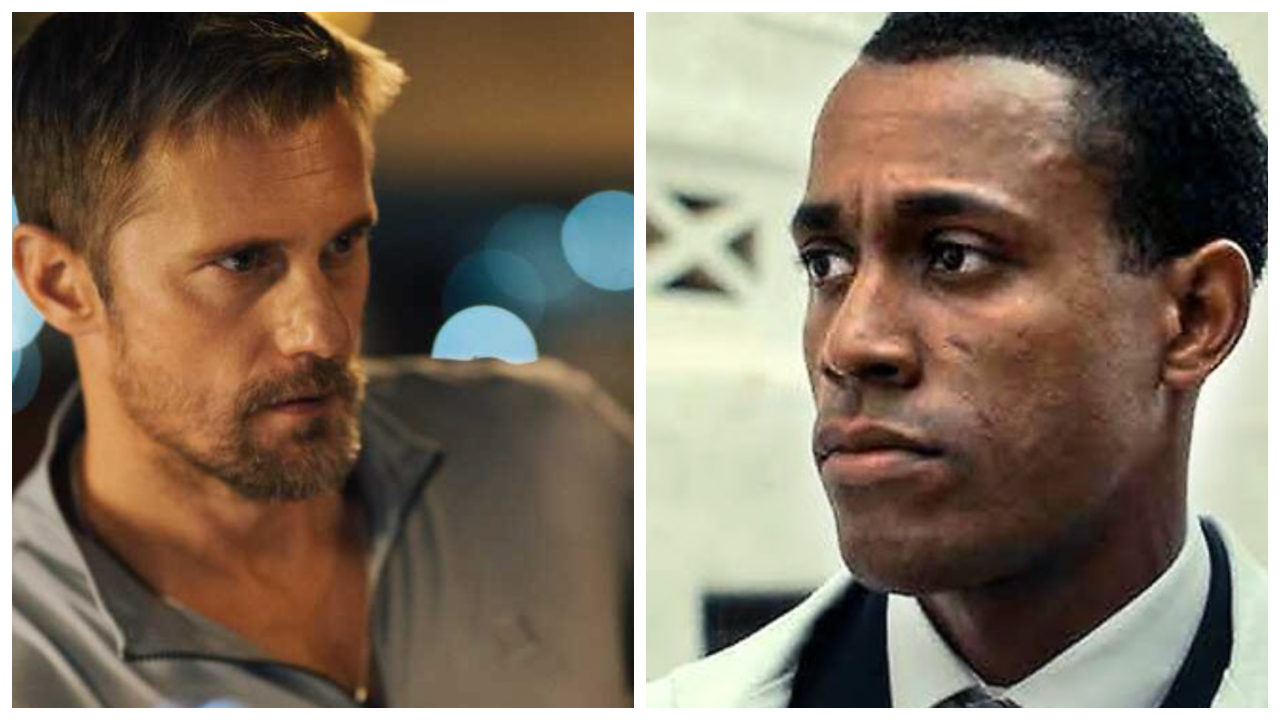I’m at my weed dealer’s place, and if that phrase calls to mind visions of dark stairwells and dirty bong water, you’ve got another thing coming.
This isn’t your typical, sit-down-and-let-me-show-you-my-machete-collection kind of cannabis operation. We’re talking comfortable armchairs, poodle-groomed cats, and fancy candles—I even receive a bottle of ice-cold water upon entering. There are some cute, dare I say kitschy, posters on the walls, but not a single one bears a red-eyed Uncle Sam with a joint asking what YOU can do for America.
The Minnesota Legislature officially legalized cannabis for adult use beginning last August, but there’s been a noted lag in getting dispensaries up and running. Even when cannabis retailers do start opening with consistency, likely next year, many farmers are worried that product will be in short supply due to delayed planting.
That leaves the legacy market—the “black market”—to continue supplying local demand. Which is why this local ganjier (yes, the weed version of a sommelier) is working with a setup that’s neither a corner dispensary nor your local smoke shop, but a secret third thing: a private, independent, woman-owned business in Minneapolis. (It’s a word-of-mouth operation; you must be referred by current customers and vetted in order to have access.)
Our local weed purveyor, who for the purposes of this story we’ll call Sunny, was working in the wellness industry as a salon owner when the pandemic hit. Already burnt out from running her own salon, she began her pivot from haircare to high maintenance.
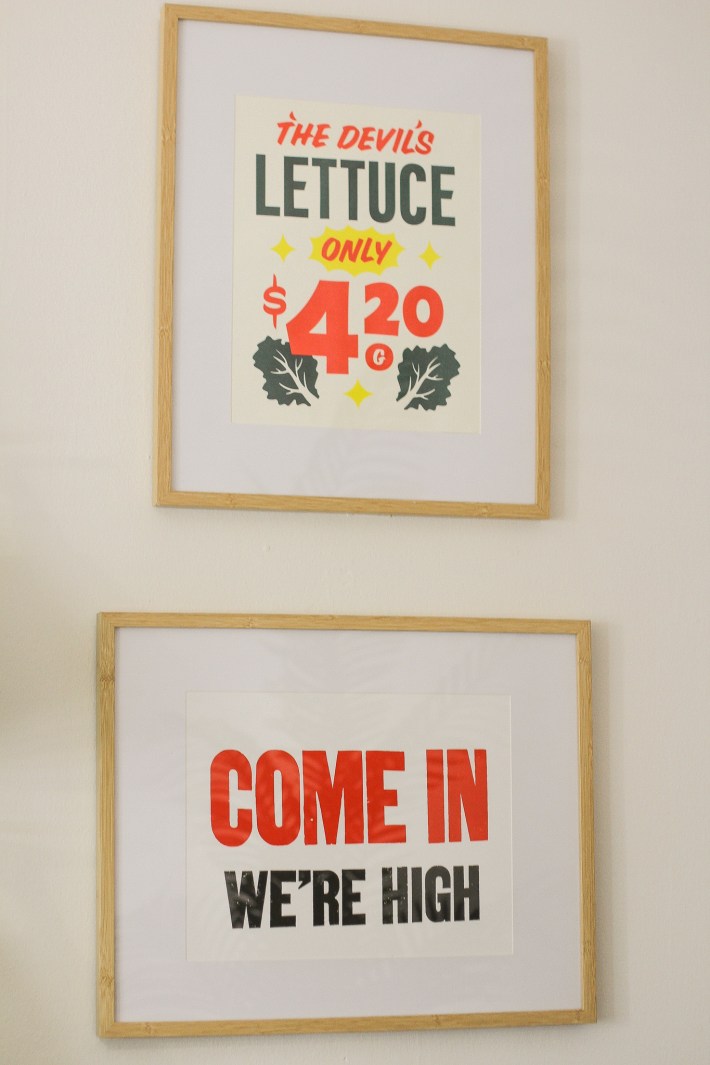
“I didn't say ‘no’ to people, and I overworked myself, and I'm like, ‘Oh my gosh, I gotta get out of this,’" she says. "And then I went through a divorce, so that kind of threw me into this loop of, ‘OK, now's the time to self-explore and figure out what you really love and what you want to do next in life.’ So, years of therapy later I'm like, ‘OK, these are the things that I love in life: people, products, weed.’”
Hemp-derived, low-dose THC “dispensaries” have been popping up around Minnesota in great frequency, but for all of you terp(ene) perps looking for the good stuff, the weed stuff, the real shit (if you will), sometimes you have to follow your nose down an unexpected path. If you’re like me and feel a throbbing, painful head-high after a delta-9 seltzer, there isn’t a better legal THC option at present. Thus, the continuation of fly-by-night, non-sanctioned shops like Sunny’s—which is reportedly thriving, in spite of or perhaps because of the fact that weed is now legal.
In states with more mature markets, like Colorado, dispensaries have a personality and are staffed with genuine experts. Sunny’s hyper-localized space feels like one of these longstanding shops: You get a personal experience that’s professional and leaves customers well-informed about future consumption.
All that, and you get to play with cats.
Sunny loves this business because she can give femme-identifying and queer people a safe place to acquire pot without the shadiness that often comes with male drug dealers in the legacy market.
“Anyone can come see me, you know, if you're a lover of cannabis and you need some weed, I'd love to help you out,” she says. “If you disrespect my boundaries, we'll have a conversation. If that happens again, then you're cut off. The beautiful part of being a woman is to help other women, because I know what it's like not to have a woman dealer. So, in my mind I'm like, ‘OK, if you had a woman dealer, what would you want them to be like?”
Sunny recalls some of her (former) male dealers coercing her to spend time with them outside of their transaction, and she realized that’s not how she wanted to run her business. Customer service is a priority, and so is making customers feel safe. She didn’t want to use generic sandwich bags; “I'm gonna make the packaging cuter,” she remembers thinking. She also says she wanted it to feel like, “more of a business transaction, versus, I would have to go and smoke with my dealer every time, you know?”
“When I started gifting cannabis, I was like, ‘I'm not going to do it like all the other boys,’” she continues. “I know that this is something I love; I'm doing this to learn about the plant and learn about the business. That is why I'm doing it.”
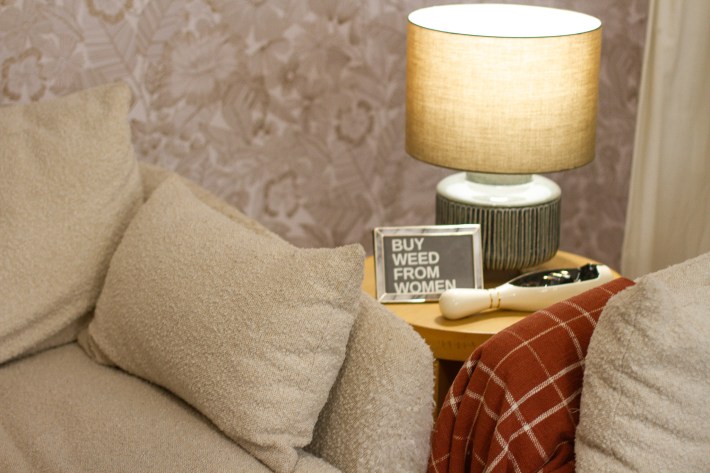
Her shop is laid out much like a salon station. There’s a vanity with bright incandescent light bulbs surrounding a large mirror and product everywhere as this humble retailer prepares gift bags. On the far wall is a glass and gold-framed shelving unit hosting some of her products, which from time to time are stored away for safety and restocking purposes. In spite of the elegance of it all, there’s an awareness of the privilege that comes with this business.
“I have white privilege as a person selling weed, and that's something I don't take for granted. And I know that's not the case in most people's lives,” Sunny says. “I feel really blessed to be in the position I am and also to be able to now learn why we got to this place, why people are disproportionately arrested at higher rates in the Black and Brown community.”
In June, the Minnesota Bureau of Criminal Apprehension expunged almost 58,000 misdemeanor cannabis records, and a separate Cannabis Expungement Board is reviewing felony cases. In addition to Minnesota’s Office of Cannabis Management working on the social equity aspects of legalization, it’s also notable that the OCM is taking more time than the average consumer would like for legal dispensaries to get up and running.
“I will just say that I think they're doing the best that they can right now because they do not have the head of the Office of Cannabis Management hired yet, and so it's really tough to run an office, even though you have people in place that are still running this [OCM]," Sunny says. "Ultimately, they’re not going to be the ones making these final decisions and until that happens it's really tough. The big concern is that the longer it takes to roll this out, the more the traditional market and the legacy market just thrives.”
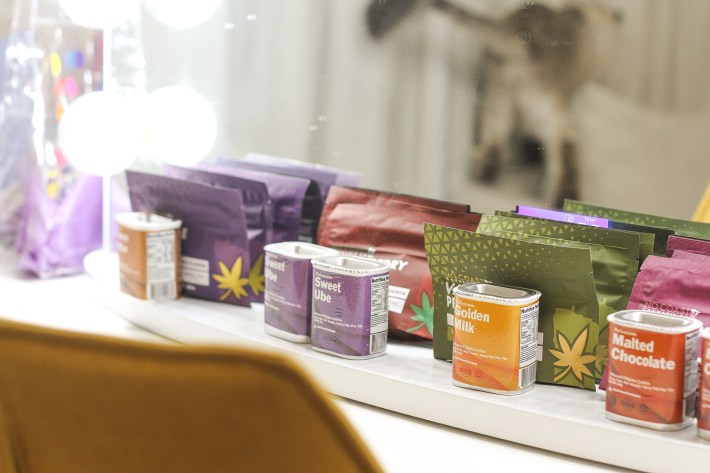
Sunny is currently enrolled in a Northern California-based program called Ganjier, the Cannabis Sommelier Certification Program. Students from all over the world participate in this program remotely and in-person, participating in learning modules with tests. They’re mailed boxes of cannabis to sample, and they report back to their cohort to discuss their rankings based on 100-point and 10-point rating systems in a process known as SAP (Systematic Assessment Protocol).
“It’s kind of like a wine club, but like, literally a weed club,” Sunny says. “It's going deep in depth into the cannabis world. We are going back to when cannabis started or where it originated, how it eventually got to the United States and how it's gotten to where it is today. So it's the history, the cultivation, the genetics, the retail, all types of different things.”
Now that THC is legal, Sunny eventually plans to transition out of legacy market dealing altogether, and as a consultant she’s already been setting the wheels in motion. (Selling is still a misdemeanor or a petty felony in Minnesota, depending on the amount.) “I want to be able to help as many consumers as possible have great education and access to safe cannabis, period; that's what it comes down to,” she says.
With this transition, she is looking specifically to help entrepreneurs like herself establish the nuts and bolts of running a dispensary—everything from selling retail to shelf management to which point-of-sale interfaces to use. As Minnesota continues to trundle along the path toward full-blown legalization, consumers will continue to find a way to be up in smoke, so you might as well have a comforting experience and follow the green flowers where they may lead you in the meantime.


